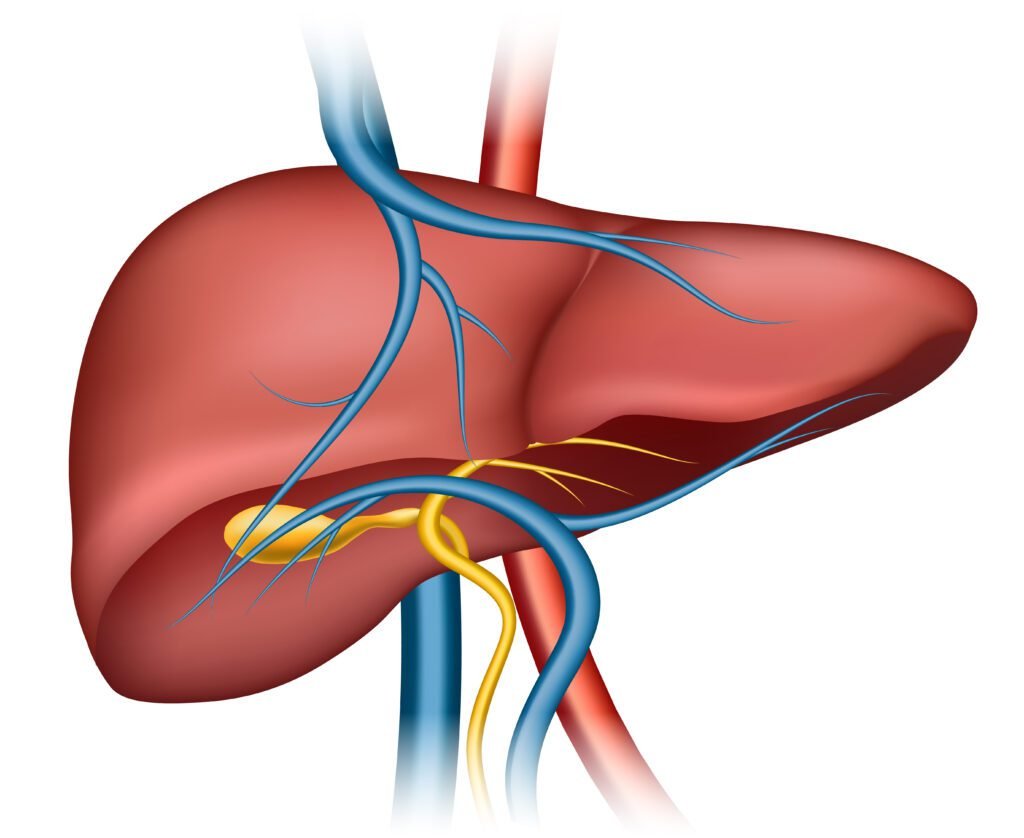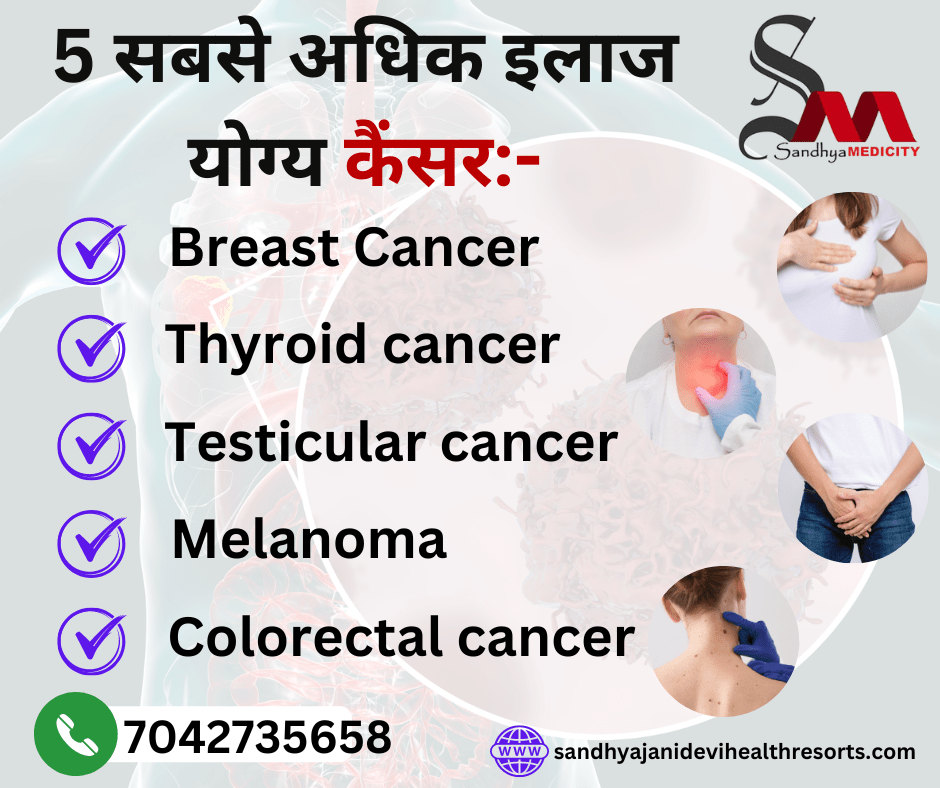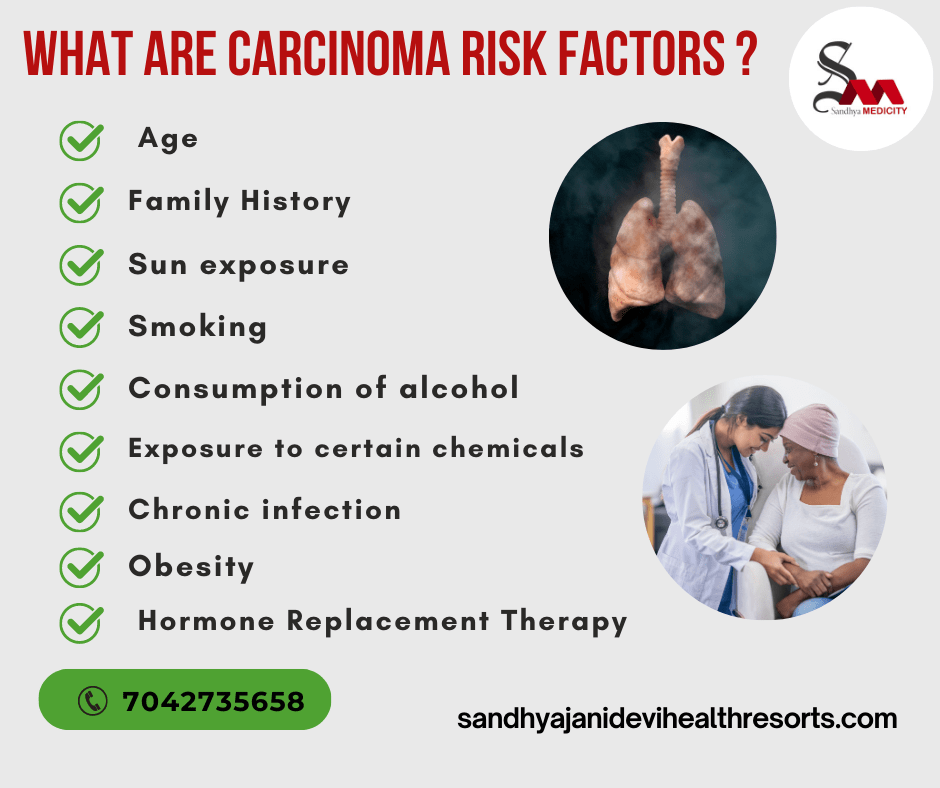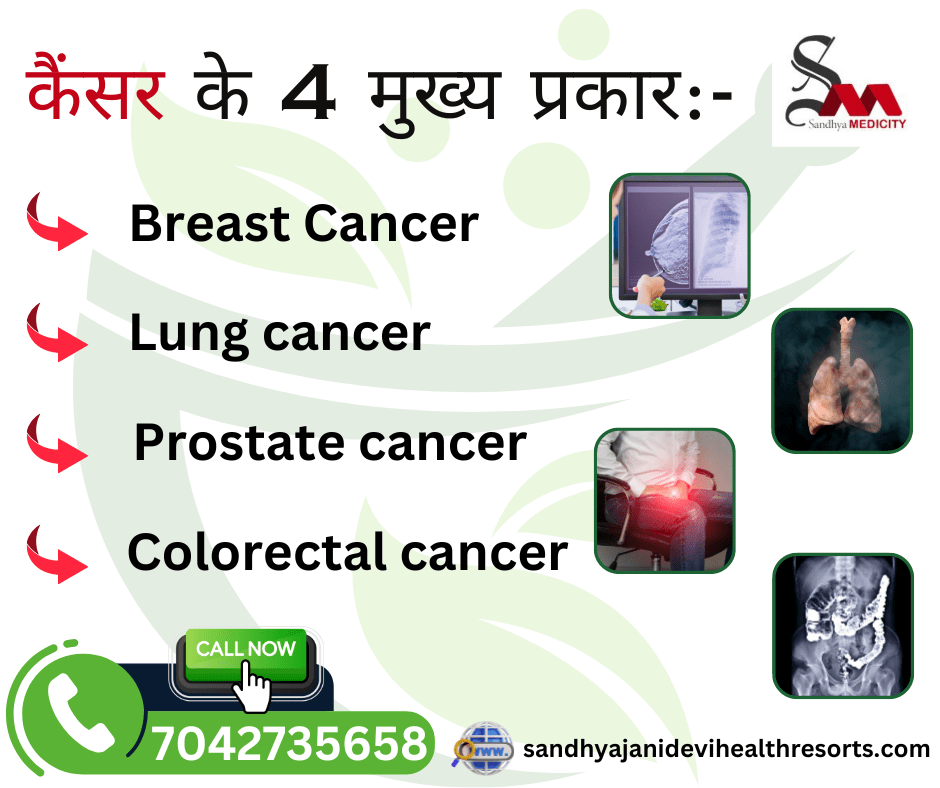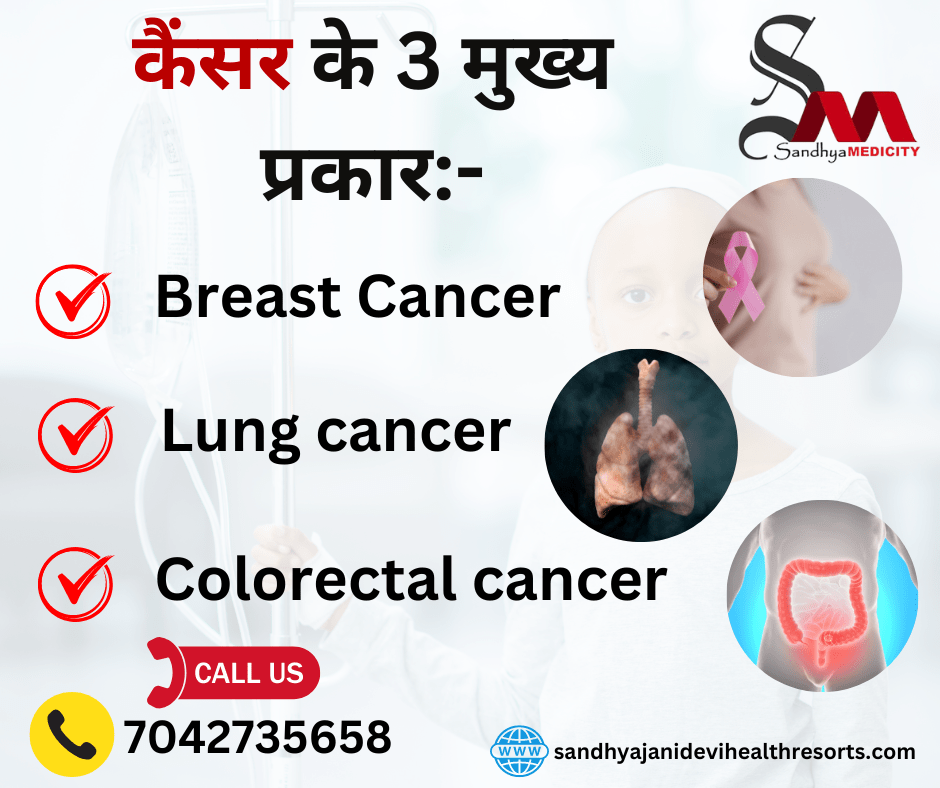Liver Treatment Ayurveda
Liver Treatment Ayurveda Book Appointment In terms of Liver Treatment Ayurveda offers several protocols that focus on cleansing and detoxify the liver. These therapies are based on the use of natural ingredients like herbs, spices, nutritional oils, juices and minerals proven to be effective in restoring digestive balance and strengthening overall health. https://youtu.be/m2LkAvGOCTc?si=YyvJ9f95KVXwWpyr Liver Treatment Ayurveda – What is Liver Disease & How it affects You? Liver Treatment Ayurveda – disease is a broad term that covers many different conditions that affect and can potentially damage the cells of the liver. This vital organ is responsible for filtering out any harmful toxins from the body, as well as aiding in digestion and synthesizing proteins. As such, any form of liver disease can have serious repercussions on a person’s health, causing them to become fragile and susceptible to other ailments. The types of liver disease can be broadly categorised into infectious diseases, hereditary diseases, and lifestyle diseases. Starting with infectious diseases, these include any number of illnesses that can be picked up by an individual through contact with bacteria, viruses, or parasites, either through ingestion or contact with infected bodily fluids or even an insect bite. Perhaps the most well-known of this type is hepatitis A, a virus which typically affects young adults and is spread through drinking contaminated water or oral contact with objects like pants or utensils that have been infected with the virus. The symptoms of hepatitis A include jaundice, nausea, fever, abdominal pain and fatigue, and in some cases even lead to liver cirrhosis. The second type of liver disease is known as hereditary diseases, which as the name implies is a condition that is passed down from parent to child and is due to a genetic mutation or defect. These conditions, also known as inherited metabolic diseases, can be divided into two main classes- enzyme deficiencies, and alterations to how the body stores and processes substances. Anomaly in cystic fibrosis, an enzyme deficiency in which mucus in organs can hinder and block the liver’s ability to filter blood, and Wilson’s Disease, an accumulation of copper in the liver and other organs, which can worsen and become a form of cirrhosis, are examples of hereditary diseases. Finally, lifestyle-induced liver diseases are caused by poor lifestyle choices, such as heavy alcohol use, eating foods high in fat and sugar, and living in a generally sedentary lifestyle. The main type of this condition is known as non-alcoholic fatty liver disease, also referred to as NAFLD, and is a condition where fat accumulates in the liver cells, affecting their ability to process toxins, proteins and other molecules needed for health. Cirrhosis and even cancers can emerge as a result of a liver’s inability to properly filter out toxins. In conclusion, there are many different types of liver disease, each of which can have severe effects on a person’s health if left untreated. The type of liver disease a person may have depends on their lifestyle and genetics, with improper lifestyle choices having a huge impact on the possibilities of developing such an illness. Seeking medical advice if one suspects that they may be suffering from a liver disease should be at the forefront of anyone’s healthcare plan, as the sooner treatment is received the better their chances are of avoiding any further health concerns. Liver Treatment Ayurveda – Prevention From Liver Disease It’s worth mentioning, too, that there are ways to help prevent liver diseases from occurring. Eating a healthy diet, avoiding unnecessary medications, and getting regular exercise can all help to stave off liver diseases. Of course, any liver issues should be discussed with your doctor. Diet Management Liver Disease Adequate dietary management is essential for individuals with liver disease in order to maintain proper nutrition and promote healing. The most important nutrition measure is to choose low-fat, high-fiber foods and overall nutritious food sources. Meal planning should consist of efforts to limit added sugar while emphasizing lean proteins, complex carbohydrates, and plenty of fresh vegetables. Consume healthy fats like monounsaturated fatty acids, such as olive oil, canola oil and avocados, over unhealthy options like trans fats or hydrogenated oils. Aim for small meals throughout the day instead of three larger ones which may provide better digestion on a delicate liver system. Intake healthful beverages such as water or natural fruit juices rather than alcohol or caffeinated drinks. Choose low sodium brands when purchasing canned goods or processed meat products to avoid increased salt contamination which can cause dehydration and put undue pressure on an already weakened organ system. Liver Disease Patient Review Here you will get to know about liver disease treatment at Sandhya Jani Devi Health Resorts by Dr Vikas Gupta. https://www.youtube.com/watch?v=m2LkAvGOCTchttps://youtu.be/V4hmQq5EuRY?si=eRz4Mm8g1siR1prW Book Appointment +91 7042735658 Address: Sandhya Jani Devi Hospital & Resort, Village Manaklao, Mathania Road, near Samadhi, Jodhpur, Rajasthan 342024 Youtube Facebook Instagram
Liver Treatment Ayurveda Read More »


